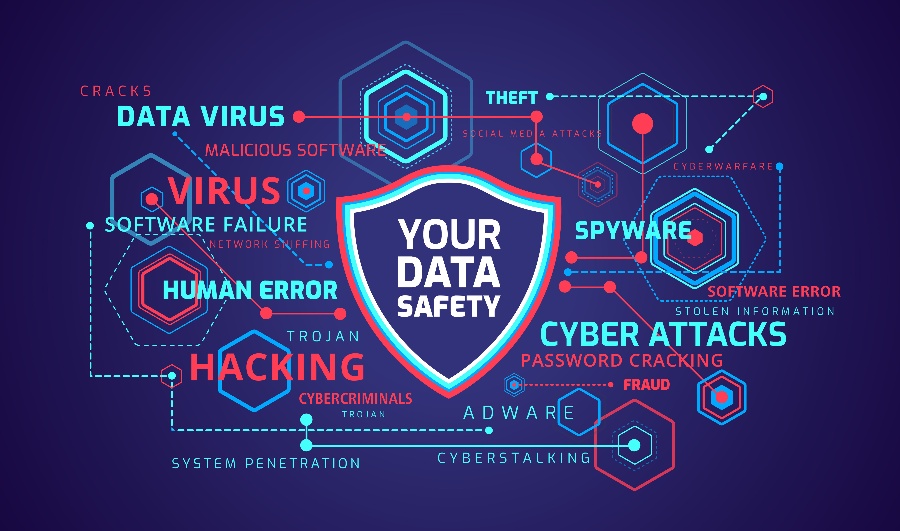
The necessity to guard your fleet against cyber-attacks has never been more critical, as cybercrimes continue to be more sophisticated. This is a result of the increasing reliance on interconnected systems and devices as well as new information technology platforms. According to a report by Upstream.auto, there has been a 94% rise in cyberattacks on cars since 2016.
And there are several ways cybercriminals can gain entry to your private fleet management data. They can hack into your fleet's GPS or get entry to the control unit itself with moderately cheap GPS spoofing tools that are used to establish fake GPS signals.
Therefore, with the risk of cyber-attacks increasing, you must put extra emphasis on your fleet security.
6 Tips to Keep Your Fleet Data Secure
1. Set Robust Passwords and Backup Your Data
As your first line of defense, create a unique and robust password that can stand a hacking or cracking attempt. Ensure that you don't repeat the password on any other platform, and also be sure to change it regularly. Enabling two-step authentication also helps to provide double security to your data. Additionally, make sure that you back up your data so that you will be on the safe side in case of a power surge, system failure, faulty hard drive, or robbery.
2. Restrict Access
Access to your fleet data should be as secure as to cars. In the same way, you authorize who can gain entry to your vehicles; you can also come up with a shortlist of people who have access to data. If there's an internal team monitoring your fleet data, make sure that your infrastructure is well-built for security and that your workers are following the best practices as described in your policies.
3. Train Your Employees
When it comes to cybersecurity, creating more cautionary, safer procedures is half the battle.
Once you've created procedures to ensure excellent security, you should also offer periodic training to your workers to ensure they are aware of what is expected of them. Provide additional training on other precautionary tasks your workers should take, such as not clicking on email links from unknown sources or downloading software from unknown third parties.
4. Keep Software Updated
Just like smartphones, most vehicle management solutions need a timely software update.
Software updates may look cumbersome, but they are essential. When you fail to update your software for a long time, there's a greater chance of falling prey to a hacker. An update sometimes highlights and automatically fixes threats you may have missed. It also offers you the chance to explore the developing technology that can put you ahead of your competitors.
5. Keep Track of Your Notifications
Although your software does most of the work, it's crucial to keep a tab on suspect issues 24/7. For instance, if you spot a vehicle making a huge fuel purchase but the GPS says it's nowhere near a gas station, that clearly indicates a problem. Inform your team immediately so that the issue can be acted upon accordingly. Always remember that being proactive is your best course of action.
6. Pre-Purchase Research
When choosing your software vendor, always do pre-purchase research. The software you choose should provide you with contemporary technology and also be able to safeguard your data from any IoT threats or cyber-attacks.
Reputable experts are always concerned about the potential for data breaches and therefore do everything in their power to ensure it does not happen. It's, therefore, best to investigate the device as well as the organization's commitment to security first.
Wrap Up
With the above tips in position, you may rest assured that your company is taking the right precautions to keep your fleet data secure and safe.
Trust The Professionals at Wilmar Inc. to Secure Your Fleet
At Wilmar Inc., we take cybersecurity seriously. We are a professional fleet management organization that focuses on helping our customers thrive.
Contact us today to get additional information about how we can help to keep your fleet data safe and secure.





